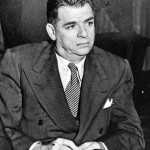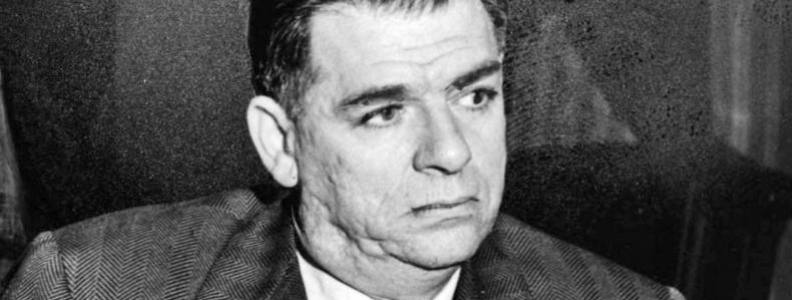The Man Who Would Change It All
If there was one man, prior to 1943, who had prepared Broadway for the change from musical comedy (or musical frivolity) to musical theatre, it had to be Oscar Hammerstein II. Oscar was consciously trying to break free of the “Cinderella” model in the Rudolf Friml musical Rose-Marie (1924.28), that he wrote with Otto Harbach. The libretto tries to introduce the audience to the harsh realities of duty and honor, life and death, as best it could.
 Hammerstein wrote an article in Theatre Magazine (May, 1925), in which he examined the role of word and song:
Hammerstein wrote an article in Theatre Magazine (May, 1925), in which he examined the role of word and song:
“The revolution in musical comedy which Rose-Marie has wrought was not accidental. It was a carefully directed attack at the Cinderella show in favor of operatic musical comedy….. The history of musical comedy has passed through a variety of phases, but the type that persists, that shows the signs of ultimate victory, is the operetta–the musical play with music and plot welded together in skillful cohesion….. Is there a form of musical play tucked away somewhere…which could attain the heights of grand opera and still keep sufficiently human to be entertaining?”
This attempt in 1924 led to the actual break in 1927 with the libretto in Show Boat (1927.67). It is said that Show Boat succeeded in creating a true picture of life on the Mississippi with real characters. When viewing the show in an historical light, it becomes more apparent that the libretto’s true success lies with the portrayal of Joe and Julie, Cap’n Andy and Parthy, more than in the characterization of the two principals, Gaylord and Magnolia. Once teamed with Richard Rodgers, Oscar created the musical play.

